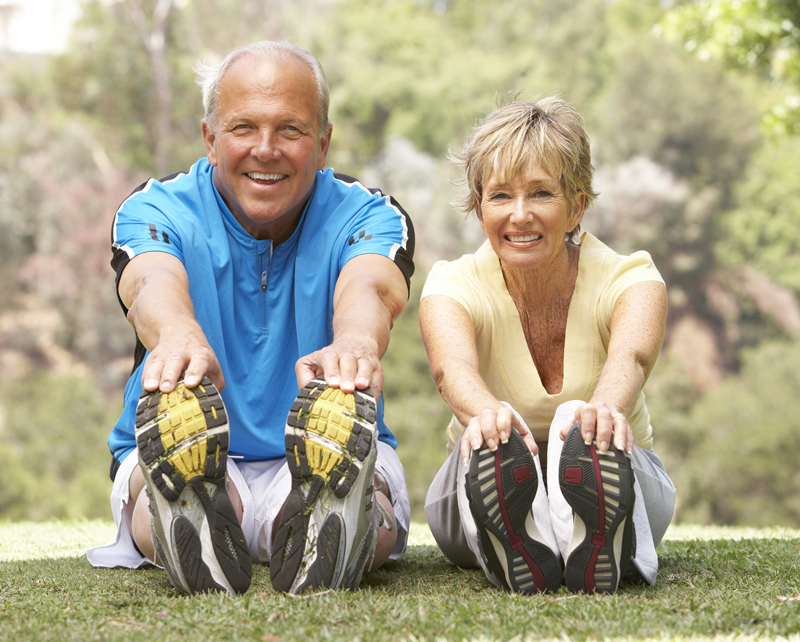
Many of us don’t give much thought to our hips, until we fall and break one, that is. And according to New Orleans orthopedic surgeon Dr. Richard Meyer, the likelihood of a hip fracture escalates as we get older and our bones become more frail…especially in women.
According to the National Osteoporosis Foundation, half of all women aged 50 and up will break a bone as a result of osteoporosis. And of the nearly 300,000 patients who receive a hip replacement annually, one-quarter end up in nursing homes and half will not regain full function.
Keeping your hips healthy and strong involves building bone and strengthening the muscles that support them. Following are some tips from your New Orleans orthopedic surgeon for preserving your hip health.
- Exercise regularly. Perform weight-bearing exercises such as walking, dancing, and hiking to stimulate bone formation. Aim for 30 minutes most days of the week. Consider doing resistance training or aquatic weight bearing exercises like water aerobics.
- Eat a diet that’s rich in calcium. Calcium is a mineral that’s necessary for numerous body functions essential to good health. Your New Orleans orthopedic surgeon warns that if you don’t get enough, your body will take it from your bones.
- Get your vitamin D. To absorb calcium, your body needs vitamin D, which is a fat-soluble vitamin. Vitamin D can be found in foods such as fatty fish, and fortified dairy products, orange juice, and cereal. You can also get vitamin D by exposing your skin to the sun, though too much can cause skin cancer and premature wrinkles.
- Don’t smoke. Although the reasons are unclear, many studies have linked smoking cigarettes with bone loss. One study found that carcinogens in cigarette smoke stimulate the production of osteoclasts, cells that break down bone. It’s also thought that smoking damages the quality of bone.
- Practice habits that prevent falls. Your New Orleans orthopedic surgeon reminds you to always be aware of your surroundings and watch for hazards such as icy walkways, potholes and uneven sidewalks. Remove clutter and be careful around pets that can cause a fall. In general, moving slowly and cautiously can prevent falls.
- Know your bone density. If you’re at risk for osteoporosis you should have a scan to measure your bone density, which reveals how strong (or weak) your bones are and your risk for a fracture. Other risks include a family history of osteoporosis, previous fractures, and being in menopause.
If you feel that you might be at risk for osteoporosis, don’t spend time wondering. Call the office of New Orleans orthopedic surgeon Dr. Richard Meyer today to Schedule a Consultation.